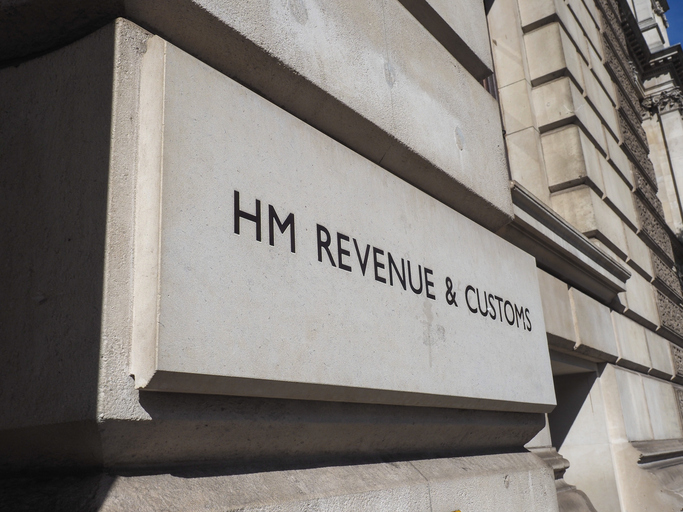What Is Covered Under The IRS Tax Whistleblower Reward Program?
The largest misconception concerning the IRS whistleblower program is that it only covers tax frauds. The IRS whistleblower law covers tax frauds, non-criminal underpayment of taxes, noncriminal tax frauds and sanctions paid for IRS-related infractions.
May 14, 2025

This information is provided for educational purposes only by Kohn, Kohn & Colapinto and does not constitute legal advice. No attorney-client relationship is created by accessing this content. Laws and regulations may change, and this material may not reflect the most current legal developments. If you believe you have a whistleblower claim, consult a qualified attorney to discuss your specific circumstances.
The IRS Whistleblower Reward program covers a wide array of criminal violations and the non-criminal underpayment of taxes. These violations include off-shore tax havens, shell accounts, money laundering, pyramid schemes, false reporting, and more.
The IRS Whistleblower Office rewards qualified individuals who report tax fraud or evasion and whose information is used by the IRS in successful sanctions against tax fraud. The award percentages vary based on the quality of the information provided but are between 15 and 30 percent of the proceeds collected in a successful enforcement action.
The IRS pays whistleblower rewards to tax whistleblowers after a final determination and when a taxpayer has exhausted all appeal attempts and is ineligible to recover proceeds from the government. Since 2007, the Whistleblower Office has made awards of $1.1 billion based on the collection of $6.6 billion with significant improvements to their whistleblower program on the horizon.
IRS Whistleblower Office Annual Reports
- Whistleblower Office FY2022 Annual Report
- Whistleblower Office FY2021 Annual Report
- Whistleblower Office FY2020 Annual Report
Reporting Tax Fraud
Reporting tax fraud and filing for rewards is a straightforward process, but it does have some eligibility requirements. Below is an example sequence of steps a whistleblower can take to begin the process of reporting tax evasion or underpayments:
- Qualification: the IRS is not only interested in credible and specific information regarding a potential tax violation or underpayment but also in cases where the amount exceeds a certain threshold. For someone to get a reward for reporting an individual for tax evasion, the amount must exceed $200,000 – and for an organization, that amount is $2 million. After meeting these criteria, a whistleblower can move on to the next phase.
- Find an Attorney: once you’ve confirmed that you qualify for a whistleblower reward, you should find an attorney who can help guide you through blowing the whistle and filing all of the paperwork for the reward application. Having a whistleblower attorney on your side will significantly improve your chances of receiving the highest award.
- Gather Evidence: the IRS Whistleblower Office is looking for specific, original, and credible information about a specific tax violation or underpayment. Those with insider knowledge of a specific tax fraud scheme should document their findings with as much detail as possible to increase the quality and effectiveness of their application.
- Submit Claims: the next step in the process is filing IRS Form 211 – also known as the Application for Award for Original Information. This form will contain a description of the tax violation or underpayment, along with documentation, such as copies of financial books and records, contracts, emails, ledger sheets, and more.
Read more:
Reporting Someone to the IRS: A Whistleblowers Guide
Key Amendments
The 2018 amendment to the IRS whistleblower tax law defined the types of “collected proceeds” for which a whistleblower could obtain a reward.
In 2006, the creation of the Tax Relief and Health Care Act resulted in significant changes in the IRS award program for whistleblowers. Nothing much before that has changed.
Since 1867, the Secretary of the Treasury has had full authority to pay awards “for detecting and bringing to trial and punishment persons guilty of violating the internal revenue laws or conniving at the same” under the Internal Revenue Act.
Our Firm’s Cases

$104 Million Reward
As an international banker at UBS in Switzerland, Bradley Birkenfeld exposed a massive tax evasion scheme, leading UBS to disclose over 4,450 U.S. tax evaders and pay a $780 million fine to the IRS. He was awarded $104 million by the IRS for his information.

$98 Million Award
The tax whistleblower exposed major international illegal tax schemes for offshore banks. This whistleblower’s allegations led to 387 US payers getting caught red-handed, having stashed millions in illegal offshore accounts.

$100 Million Exposed
Alex Cherpuko, a 21-year-old whistleblower at the time, exposed a $100 million criminal enterprise, securing a $69.6 million judgment and becoming the first to simultaneously use False Claims Act, Dodd-Frank Act, and IRS whistleblower laws.





